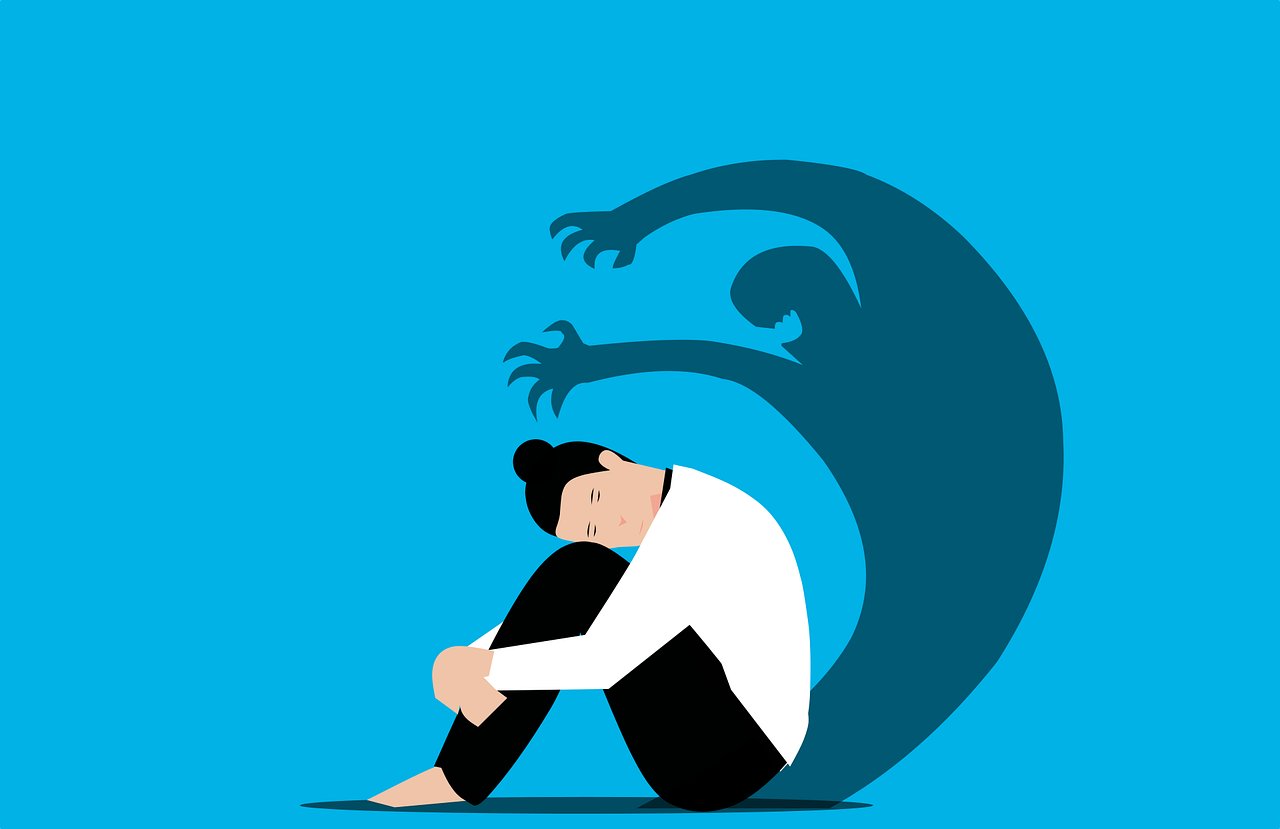Blog

Celebrating Father’s Day
With Father’s Day approaching many people are reminded of the presence of their father in their lives. Through history the importance of a father’s role in the family had been seen as primarily a provider and disciplinarian rather than a caretaker. In more recent times, it has been seen that father’s who are emotionally present and active in the child’s life can make a profound positive impact.

Stress-Relief Tips for Working Moms
Working moms are no strangers to stress. From having to balance with the expectations to carry out at any workplace, working moms also have to bear with the emotional rollercoaster of anxiety, guilt, frustration, joy, and all other emotions that come with motherhood. It is important to practice some self-care in between all of the highs and lows of being a mother and being part of a workforce.

Teens are More Prone to Anxiety
Teens are affected with higher rates of anxiety, with nearly 1 in 3 teens meeting the criteria for an Anxiety Disorder.

Guarding Against Mental Health in Adulthood Can Begin in Childhood
As a parent, you want to do what’s best. It would be easiest if we could treat all of our children the same, however they are each unique individuals. Treating each of them the same will not do. Any parent that has tried this approach knows this does not work well and may have ended up in a big parenting struggle.

Raising Your Grandchildren: The Good, The Hard & The In-between
No one plans on raising their grandchildren. This can be a very challenging time & it’s important to grab onto the resources and help around you. Let’s talk about the good, the hard, and the in-between of what it really means to raise your grandchildren.

Tips on Dealing with Separation Anxiety
Do not, I repeat, Do NOT sneak away when your child is not looking. This may seem like the easier way to leave your household, but it reinforces to your child that if they are not alert scary things will happen. They need to mentally prepare for being alone, not feel panicked when they realize they are alone.


6 Tips to Better Distance Learning for your Child
With some planning, patience, and creativity we will all get through this new challenge. Some days will be easier than others. On those days, give yourself and your child a bit of grace and kindness, knowing that tomorrow will be a new day.

Why you SHOULD be making your bed every day!
It is essential to keeping your regular sleep and wake times. Another simple task but a must in your daily routine is, making your bed!



The three levels of Monitoring Your Children
Supervision does not take laser-focused intensity: nor does it take exhausting yourself with keeping them entertained. It calls for three levels of monitoring. Each of these levels is necessary; for them AND for you. In order for you to not drive each other “crazy”. Plus the child receives the full benefit of autonomy and parental interaction!

